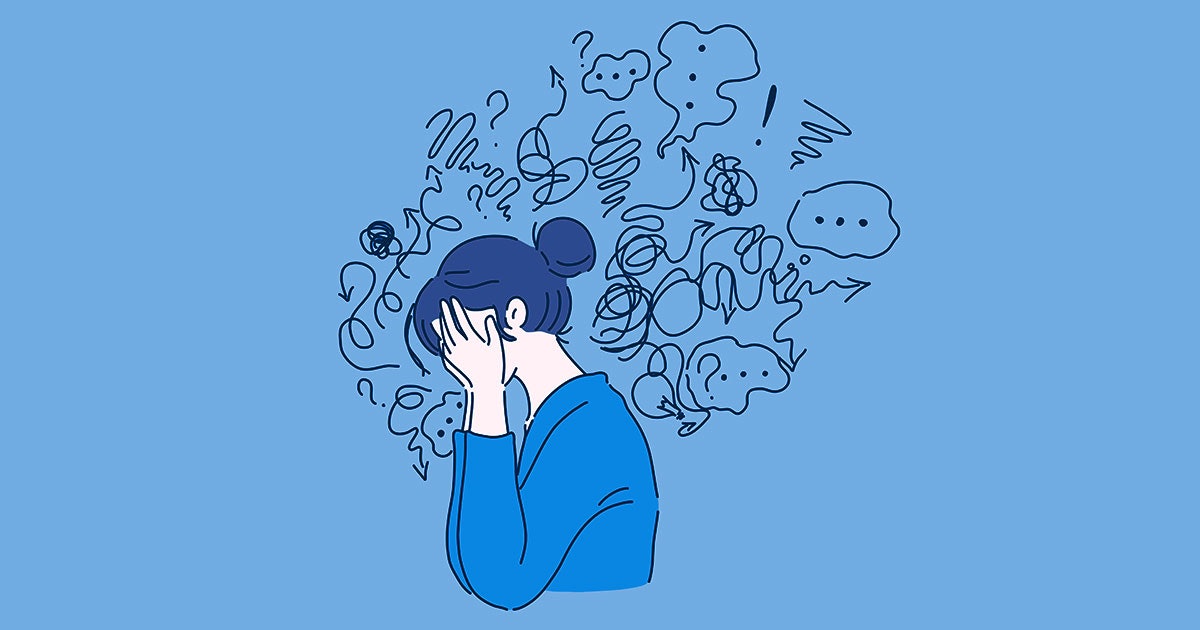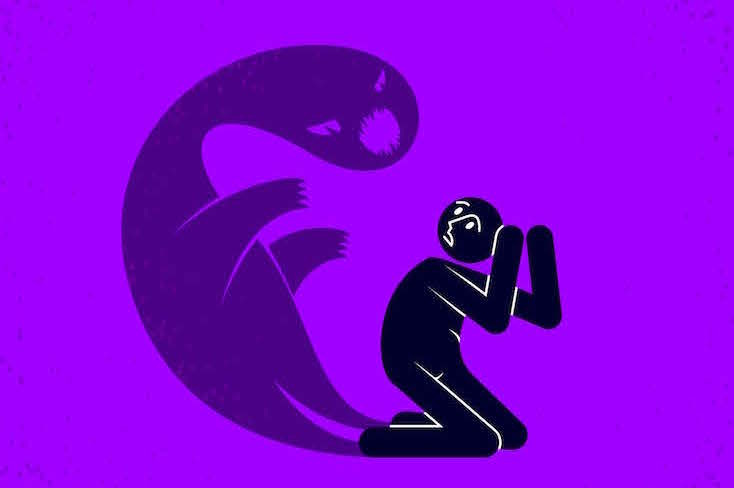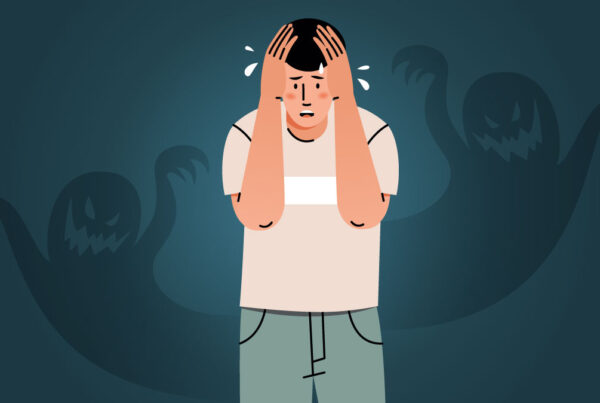Schizophrenia is a chronic brain disorder that affects less than one percent of the U.S. population. When schizophrenia is active, symptoms can include delusions, hallucinations, disorganized speech, trouble with thinking and lack of motivation. However, with treatment, most symptoms of schizophrenia will greatly improve and the likelihood of a recurrence can be diminished.
While there is no cure for schizophrenia, research is leading to innovative and safer treatments. Experts also are unraveling the causes of the disease by studying genetics, conducting behavioral research, and using advanced imaging to look at the brain’s structure and function. These approaches hold the promise of new, and more effective therapies.
The complexity of schizophrenia may help explain why there are misconceptions about the disease. Schizophrenia does not mean split personality or multiple-personality. Most people with schizophrenia are not any more dangerous or violent than people in the general population. While limited mental health resources in the community may lead to homelessness and frequent hospitalizations, it is a misconception that people with schizophrenia end up homeless or living in hospitals. Most people with schizophrenia live with their family, in group homes or on their own.
Research has shown that schizophrenia affects men and women fairly equally but may have an earlier onset in males. Rates are similar around the world. People with schizophrenia are more likely to die younger than the general population, largely because of high rates of co-occurring medical conditions, such as heart disease and diabetes.

Definitions
- Psychosis refers to a set of symptoms characterized by a loss of touch with reality due to a disruption in the way that the brain processes information. When someone experiences a psychotic episode, the person’s thoughts and perceptions are disturbed, and the individual may have difficulty understanding what is real and what is not.
- Delusions are fixed false beliefs held despite clear or reasonable evidence that they are not true. Persecutory (or paranoid) delusions, when a person believes they are being harmed or harassed by another person or group, are the most common.
- Hallucinations are the experience of hearing, seeing, smelling, tasting, or feeling things that are not there. They are vivid and clear with an impression similar to normal perceptions. Auditory hallucinations, “hearing voices,” are the most common in schizophrenia and related disorders.
- Disorganized thinking and speech refer to thoughts and speech that are jumbled and/or do not make sense. For example, the person may switch from one topic to another or respond with an unrelated topic in conversation. The symptoms are severe enough to cause substantial problems with normal communication.
- Disorganized or abnormal motor behavior are movements that can range from childlike silliness to unpredictable agitation or can manifest as repeated movements without purpose. When the behavior is severe, it can cause problems in the performance of activities of daily life. It includes catatonia, when a person appears as if in a daze with little movement or response to the surrounding environment.
- Negative symptoms refer to what is abnormally lacking or absent in the person with a psychotic disorder. Examples include impaired emotional expression, decreased speech output, reduced desire to have social contact or to engage in daily activities, and decreased experience of pleasure.
Symptoms
When the disease is active, it can be characterized by episodes in which the person is unable to distinguish between real and unreal experiences. As with any illness, the severity, duration and frequency of symptoms can vary; however, in persons with schizophrenia, the incidence of severe psychotic symptoms often decreases as the person becomes older. Not taking medications as prescribed, the use of alcohol or illicit drugs, and stressful situations tend to increase symptoms. Symptoms fall into three major categories:
- Positive symptoms: (those abnormally present) Hallucinations, such as hearing voices or seeing things that do not exist, paranoia and exaggerated or distorted perceptions, beliefs and behaviors.
- Negative symptoms: (those abnormally absent) A loss or a decrease in the ability to initiate plans, speak, express emotion or find pleasure.
- Disorganized symptoms: Confused and disordered thinking and speech, trouble with logical thinking and sometimes bizarre behavior or abnormal movements.
Cognition is another area of functioning that is affected in schizophrenia leading to problems with attention, concentration and memory, and to declining educational performance.
Symptoms of schizophrenia usually first appear in early adulthood and must persist for at least six months for a diagnosis to be made. Men often experience initial symptoms in their late teens or early 20s while women tend to show first signs of the illness in their 20s and early 30s. More subtle signs may be present earlier, including troubled relationships, poor school performance and reduced motivation.

Before a diagnosis can be made, however, a psychiatrist should conduct a thorough medical examination to rule out substance misuse or other neurological or medical illnesses whose symptoms mimic schizophrenia.
Risk Factors
Researchers believe that a number of genetic and environmental factors contribute to causation, and life stressors may play a role in the start of symptoms and their course. Since multiple factors may contribute, scientists cannot yet be specific about the exact cause in each individual case.
Treatment
Though there is no cure for schizophrenia, many patients do well with minimal symptoms. A variety of antipsychotic medications are effective in reducing the psychotic symptoms present in the acute phase of the illness, and they also help reduce the potential for future acute episodes and their severity. Psychological treatments such as cognitive behavioral therapy or supportive psychotherapy may reduce symptoms and enhance function, and other treatments are aimed at reducing stress, supporting employment or improving social skills.

Diagnosis and treatment can be complicated by substance misuse. People with schizophrenia are at greater risk of misusing drugs than the general population. If a person shows signs of addiction, treatment for the addiction should occur along with treatment for schizophrenia.




